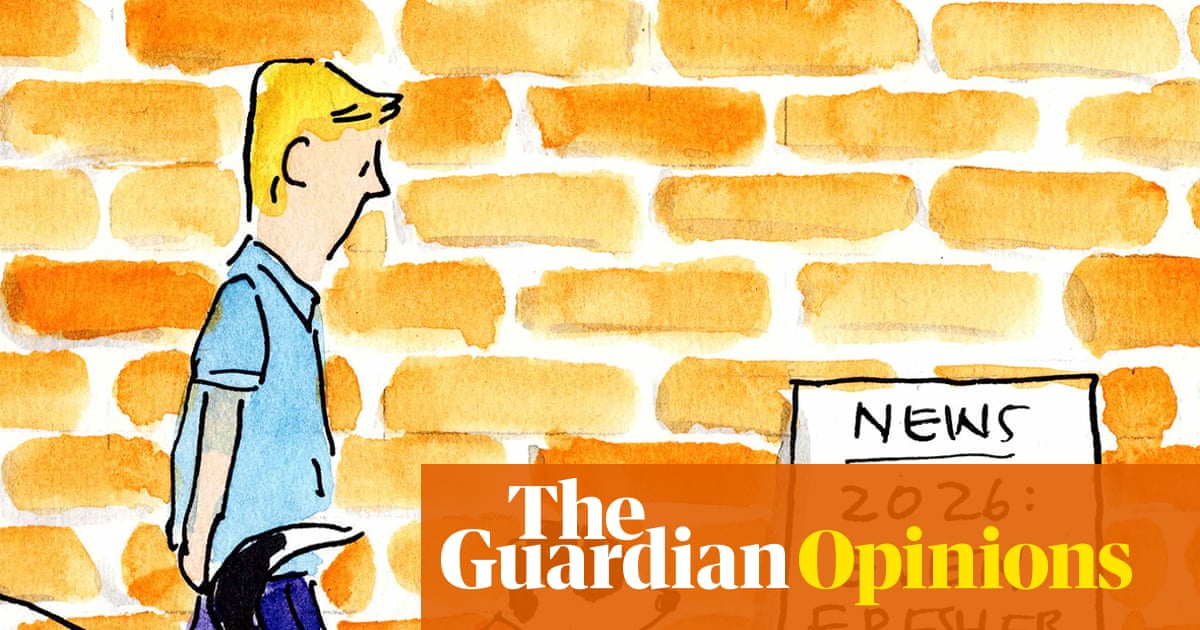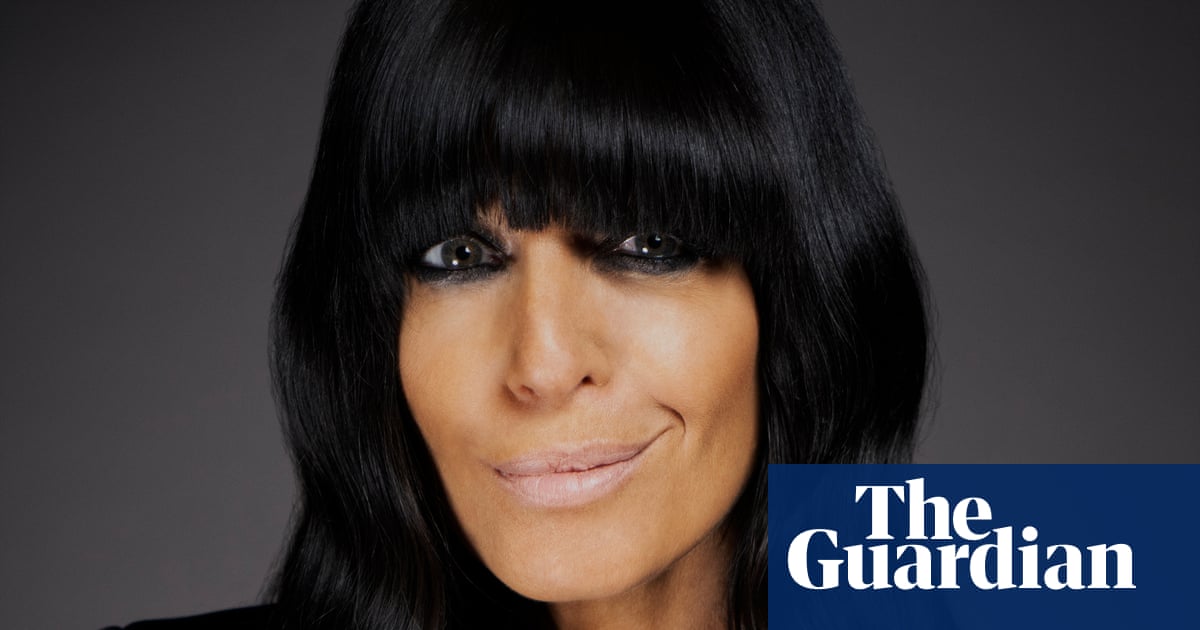The Long Wave is one! I can’t believe it’s been a whole year. It genuinely feels as if we are just getting started. When we launched the newsletter, I wrote about how it was born first and foremost out of curiosity, of interest in how we passed our food, culture and habits down and across the world, how we mixed recipes, languages, shared music. Our instinct was that there is a sprawling global family, rich in untold stories. That instinct has been validated and surpassed. What follows is only a small sample of what we have covered over the past year.
Exploring the breadth and depth of the Black diaspora

I start with this particularly poignant conversation with the Sudanese-British artist Elmiene, touching on themes of displacement, war, the comfort of music, gathering in celebration, and the connective tissue of culture. I think about it often. And how this young man, brought up in the UK but constantly replenishing from the well of his origin country of Sudan, did not become estranged from either, but fused them into a love letter to home. “I’m here in LA or New York and at the same time my grandmother’s hearing bullets and grenades,” Elmiene explains. “Is this where I should have been? What am I doing being a fucking musician? I feel like a clown sometimes.”
How Brazil celebrates its Black heritage
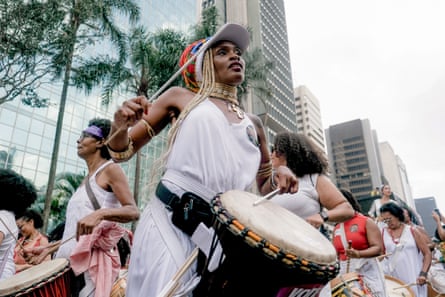
I learned a huge amount from this conversation with our correspondent in South America, Tiago Rogero. Rogero is a journalist with an academic’s intellect, and so his approach to the news is always grounded in prodigious historical context and sharp political insight. Here, he tells me about how Brazil’s Black population, the largest outside Africa, celebrates its history while navigating the challenges of present day Brazil. “We fight for the right to feel comfortable in our own skin, our own cities, in our own country. We are the ones who literally built this country and we should be the ones who own it.”
Michelle Obama 2.0

In one of our most popular editions, I traced Michelle Obama’s transformation from towering political icon to relatable podcast auntie. But her journey maps out on to a larger historical moment, one where her embodiment of “girlboss” feminism and “Black Girl Magic” lost steam to give us a more vulnerable, fallible, and tremendously more likeable Michelle. “What happened that eight years that we were in the White House? We got out alive; I hope we made the country proud. But what happened to me?”
Dancing on the streets of Barbados
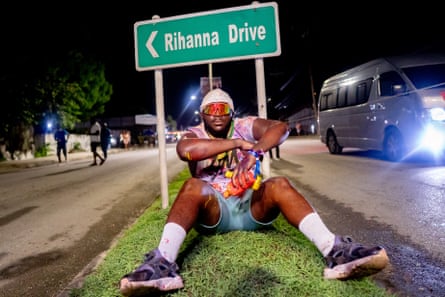
When our Jason Okundaye went to Barbados to participate in Crop Over festival, it is no exaggeration to say that he returned to the office a changed man. His dispatch not only covers the political and economic transformation of Barbados, but also reveals that electric shock of recognition that comes from travelling within the Black diaspora. “It is almost cliche to say that dancing in the street is a liberating experience but, as someone who, admittedly, can be uptight, the parade completely unravelled me and released me from all inhibitions.”
Caribbean Cuisine
after newsletter promotion
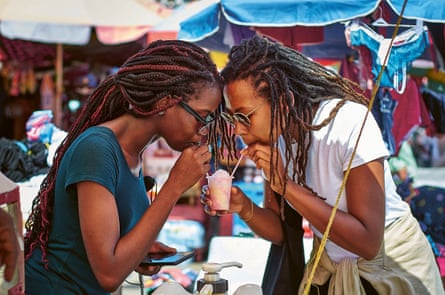
When I spoke to Keshia Sakarah, author of Caribe: A Caribbean Cookbook with History, I was bowled over by how detailed and expansive her work of tracing the historical roots of Caribbean food was. It was simultaneously; a recipe book, a record of history through ingredients, and a recognition of the role cuisine plays in anchoring identity and preserving memory. It made me wish someone would do something similar for Sudanese food (spoiler, someone did. Stay tuned!).
As Sakarah tells me: “When an elder passes, they go with all their knowledge, so it’s important to archive things for the purposes of preservation”.
Nigeria’s Super Falcons

This year’s Women’s Africa Cup of Nations had it all. A high drama final, social media stars, and, as ever, politics trying to steal the valour of sports. The Guardian’s West Africa correspondent, Eromo Egbejule, talked me through the reasons for the Nigerian team’s superpower after they won their tenth trophy. His expert diagnosis as a Nigerian himself? The team’s strength is in its mental edge. “Nigerians thrive in chaos,” Eromo suggests, half in jest and half with a sort of national pride, in reference to a playing style that bewilders and scatters the strategic plans of their opponents.
And on that note, The Long Wave is looking forward to covering the men’s Africa Cup of Nations, which kicks off in December, and is already the subject of hectic excitement and speculation on the continent. Thank you for reading this past year, for all your generous feedback and suggestions, and for being a part of the growing Long Wave diaspora family.

 2 months ago
58
2 months ago
58










